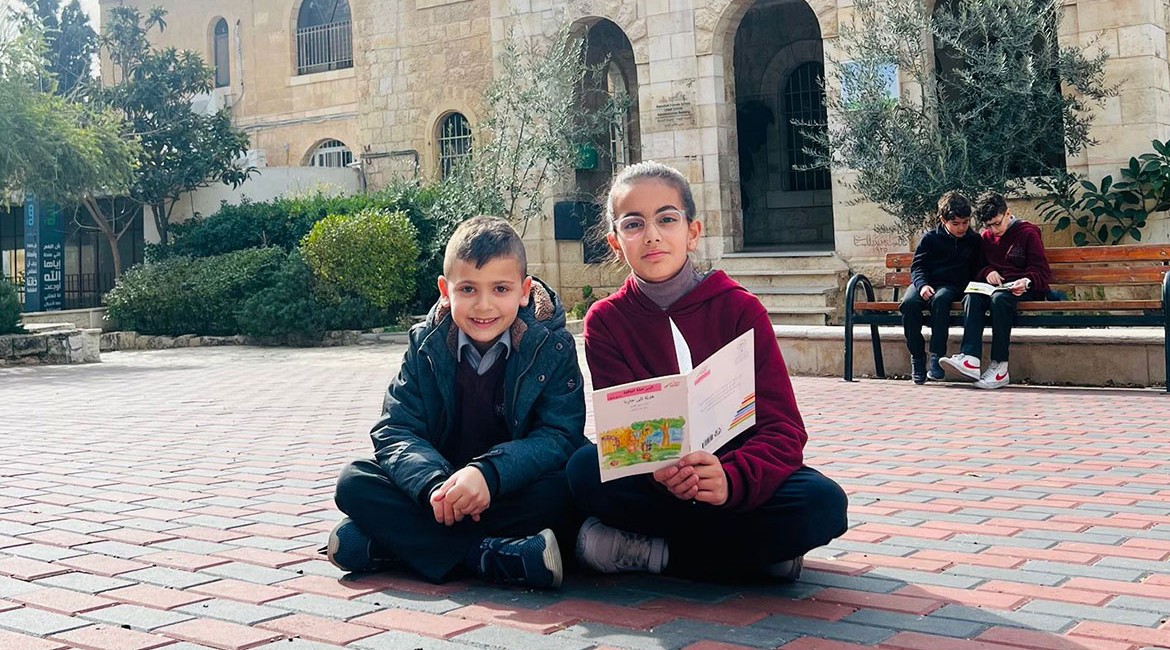Student Column .JPG)
By Meera Aker - 9th grade student
George Bernard Shaw once said, "Being a slave of fear is the worst type of slavery." Yet is it? Or is being a slave of terror better than serving wires and signals put into a device we carry around so habitually? The way I see it, this influential control we allow devices to possess is the ultimate thief of our freedom, turning us into slaves of the social network and online dystopian community. As a school striving for the greater good of students' safety from digital use, our school has decided to create a Digital Detox Campaign called "November Unplugged", steering students toward healthy social media usage, less screen time, and raising awareness of cyberbullying dangers.
It is quite difficult to tell whether such a campaign is primarily successful or not, for with various students with diverse motives and life goals, their compliance to such a challenge contrasts from one individual to another. However, based on the data and analysis I collected and observed, most students failed to avert and stay away from their devices. For kindergarten students, it was generally easy considering they could get distracted by coloring, playing outside...etc. Middle and high school students, on the other hand, didn't comply with the challenge so easily. When questioned about their thoughts on the challenge, many students claimed it was redundant and pointless, while others admitted it is a genuinely valuable notion. However, whether it was due to healthy usage like checking Edunation continuously, Facetiming/calling friends and family abroad, reading electronic books and articles, or due to wasteful usages like scrolling through TikTok, and spending time on social media and other time-consuming plat-forms, many students couldn't prevent themselves from using devices.
However, notwithstanding, the digital detox campaign challenged the perspective of many students on digital use, demonstrating the negative perception of too much screen time. Too much screen time, that being not only phone usage, but also overusing devices for school purposes like writing lab reports, essays, watching YouTube videos to understand a challenging lesson better, IXL, Khan Academy, writing researches, and many other tasks the School assigns that require staring at a screen for hours.
And thus, in the end, I believe both students and teachers must strive to put an end to the digital abuse we all encounter every day. Hopefully, by setting another campaign that includes both teachers and students' suggestions, opinions, and ideas, the next great challenge will be even better, more effective, and confidently heading towards a drastic change.

.png)
.JPG)

.JPG)
